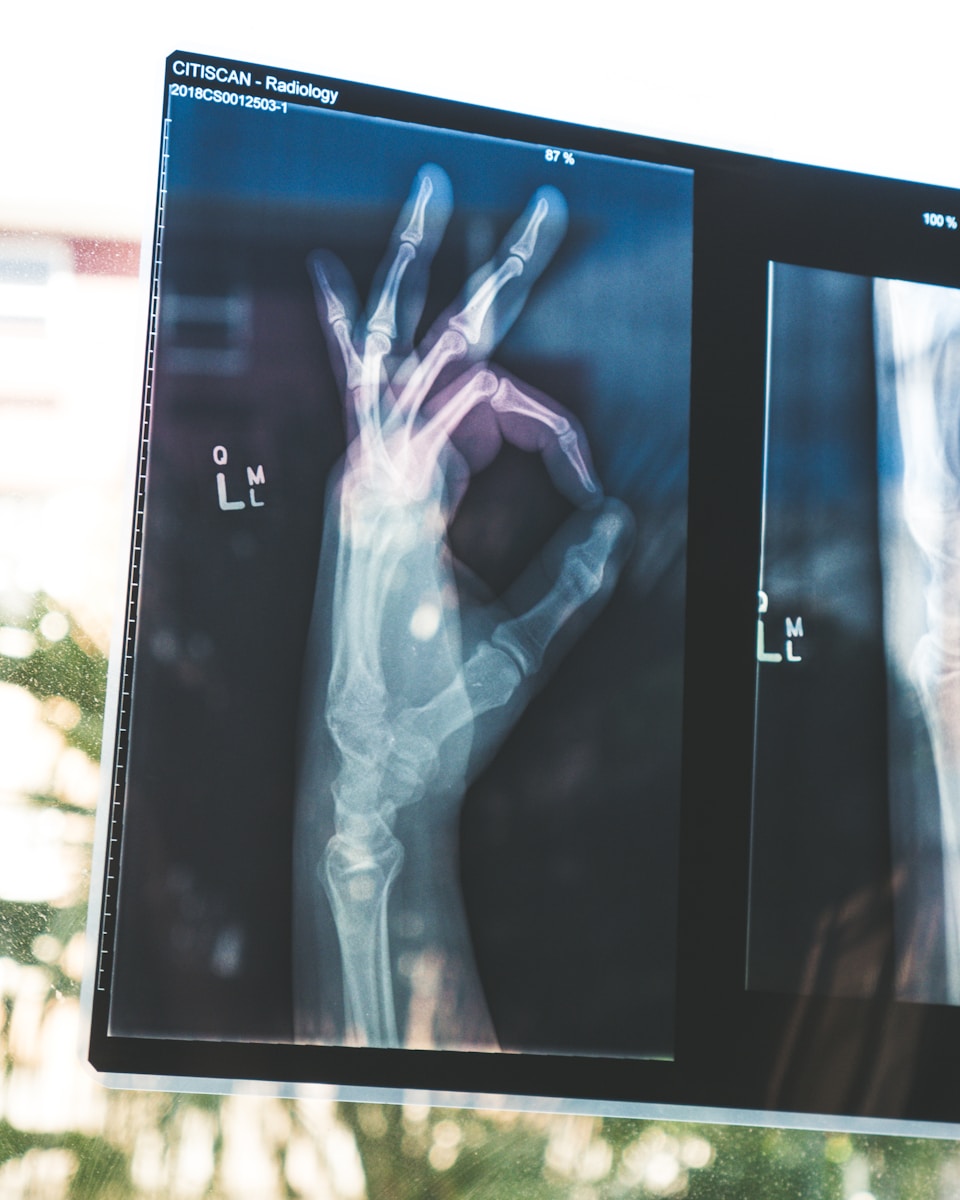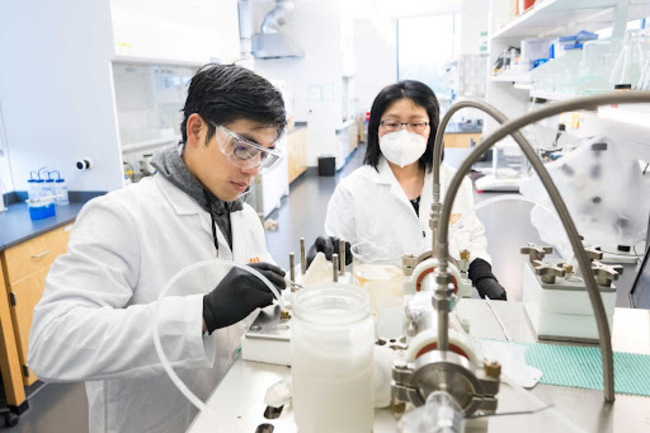There is a branch of healthcare known as radiologic technology, which involves the use of diagnostic imaging in the diagnosis and treatment of diseases and conditions. If you are interested in patient care and technology, a degree in this field might be right for you.
Deciding to embark on a course in radiologic technology entails subjects that combine science with the art of handling patients. These programs equip you with skills in the operation of sophisticated imaging technologies such as X-Rays and CT Scanners, which are standard in the diagnosis of various ailments. Not only do you learn about the technology you are meant to be using but you are also taught how to approach and interact with patients.
Understanding the Associates Degree in Radiologic Technology
An associate degree in radiologic technology degree offers the necessary theoretical background and practical know-how to begin performing imaging diagnosis. Students are taught about bones and joints, how to position themselves and the patient, radiation controls, as well as primary patient care. The average time for completing this program is around two years, and this provides a fast way of getting a new career in health services.
Admissions and Prerequisites for Aspiring Students
A high school diploma or higher is often required to be admitted to a radiologic technology program. Application requirements also may include the completion of certain science classes, like biology and chemistry, in high school. Some programs might request a recent, clear criminal record and/or a health check, since the students will be working in healthcare facilities—places with very high standards of professional ethics that also require good health.
Careers That You Can Pursue with A Degree In Radiologic Technology
With an associate degree in radiologic technology, you are equipped to practice in multiple roles in the field of health. It takes two years to complete and graduates are poised to practice as radiologic technologists or technicians and can choose between X-ray, CT or MRI. These roles are very crucial especially in assessing ailments and other conditions with a view of managing them. As you gain more working experience and enroll in professional courses to constantly stay up-to-date, it is possible to move up to positions such as lead technician, supervisor or even become a departmental head.
Selecting a Program That Meets Your Needs
When searching for a radiologic technology program, some standard steps to evaluate are accreditation status, graduates’ pass rates, and training facility quality. Accreditation with a recognized agency is essential as it determines the program quality. Moreover, you should think about where the program is located and how expensive it may be to attend it.
Conclusion
An associate degree in radiologic technology should be sought after, as it is a good kick start to a satisfying job in the health sector. It provides a combination of patient interaction and technical expertise, and has the potentiality to be a secure profession with career progress. If these interest you, selecting a radiologic technology degree program will allow you to begin a successful career, doing good and important work for others.







